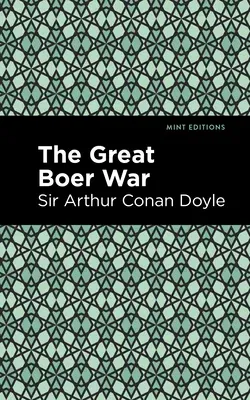The Crock of Gold (1912), one of three original novels by James
Stephens, is a work only a master of fiction and folklore could imagine.
Taking up the major philosophical and psychological concerns of the
early-twentieth century--over a decade before works by T.S. Eliot, James
Joyce, and Virginia Woolf, among others, would cement literary
Modernism's place in history--Stephens' novel is a groundbreaking and
important work.
The text centers on the Philosopher and his wife, the Thin Woman, who
undergo a series of journeys and harrowing trials. Faced with danger
both human and divine, the two characters are forced to weather the
winds of change in order to change themselves. Divided into six books,
The Crock of Gold--no doubt inspired by the Irish oral tradition of
storytelling--follows the Philosopher's quest to save the most beautiful
woman in the world; his encounter with the gods who have captured her;
his return home and arrest for murder (he has been framed by leprechauns
incensed at the loss of their crock of gold); and finally, the Thin
Woman's quest to find the fabled Three Infinites.
James Stephens' The Crock of Gold is perhaps unparalleled in its
ability to weave together ancient narrative techniques, mythological
sources, and such dominant themes of its day as gender equality and
humanity's quest for self-understanding beyond the traditional
boundaries of faith and religion. It is also a darkly comic novel, full
of ironic political commentary and suspiciously human conversations
situated within the animal world. Most popular of Stephens' works, The
Crock of Gold conceals in its humorous, irreverent outlook a deeply
serious, ultimately reverent love for the human soul--unsurprising for
an author whose life was marked with difficulty from the very beginning.
With a beautifully designed cover and professionally typeset manuscript,
this new edition of James Stephens' The Crock of Gold is a classic of
Irish literature reimagined for modern readers.


